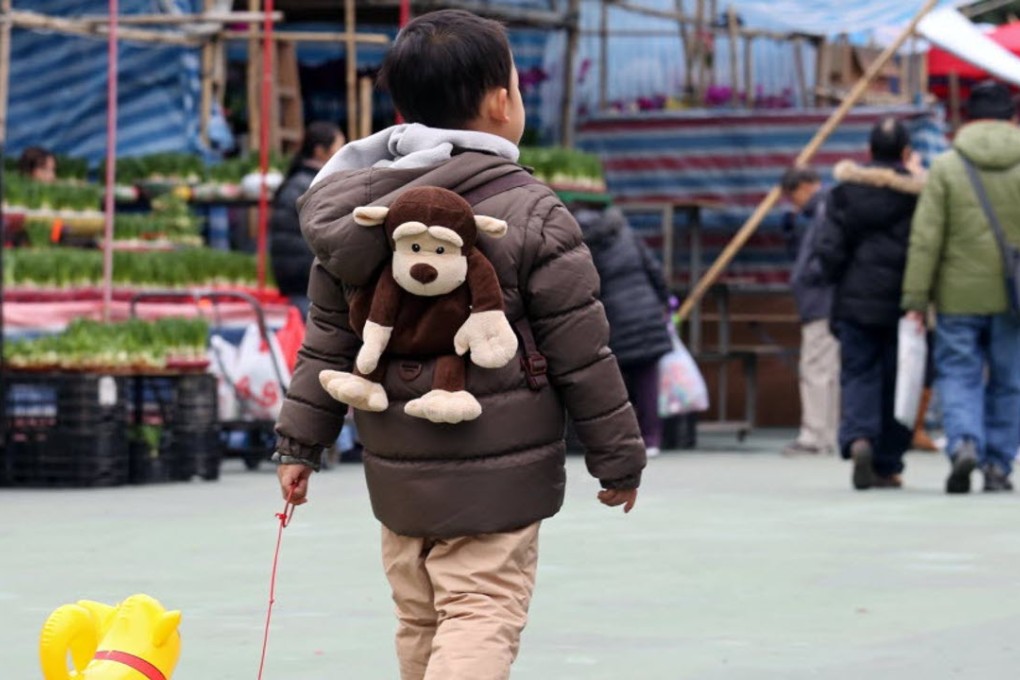China’s leaders must ensure that all children have equal rights
State Council’s latest directive to reduce the number of ‘left-behind’ children in rural areas is a welcome step but much more can be done to help them

Tens of millions of children who have stayed at home in the countryside while their parents joined the mainland’s great urban migration are not called the left-behind generation for that reason alone. They have also been left at risk of neglect, exploitation and abuse by a system that fails to safeguard basic rights that are normally the responsibility of parents. Thankfully, the central government has finally moved to improve their lot and address a blot on the mainland’s rise, though not with the urgency the task warrants. An estimated 61 million children have been left to fend for themselves in poor rural areas while their parents live and work in more affluent parts of the country, where their children would not have equal rights to services such as health care and education. Many are cared for by grandparents or relatives, but this has not prevented vulnerability to sexual abuse, drugs, violence, bullying or even accidental injury.
READ MORE: Adopted from China, raised in the USA: images of Chinese children and their new American families
Proposals adopted by the State Council to cut that number, to be put in place over the next five years, include urging parents to take their children with them or ensure adult supervision, more involvement in child welfare by schools and community authorities and subsidies for services provided by charities, social workers and volunteers,. The scope and time frame of these plans is a measure of the scale of the problem. Not surprisingly, given the lack of effective measures during decades of economic boom, child-welfare advocates describe them as too little, too late, and lacking accountability. That said, more migrant parents are taking their children with them because they still have better access to education resources in the cities and are better taken care of than they would be at home. But they still face discrimination and inequality because of the hukou, or household registration system.
Continued incremental liberalisation of the system, together with a sustained effort by officials to implement the new measures, would do much to help poor, vulnerable children in the vast countryside catch up with their city cousins.